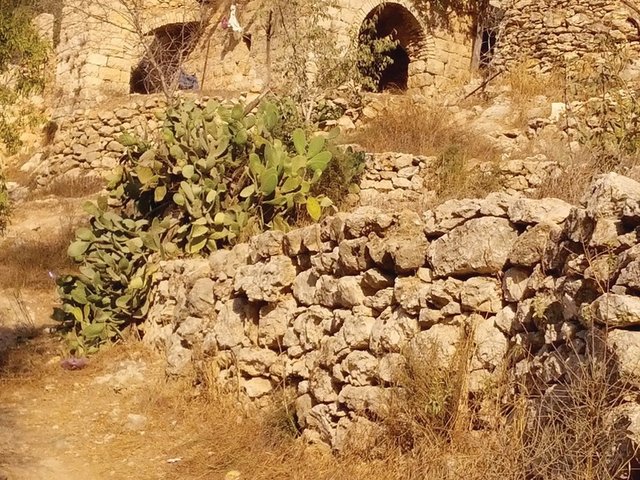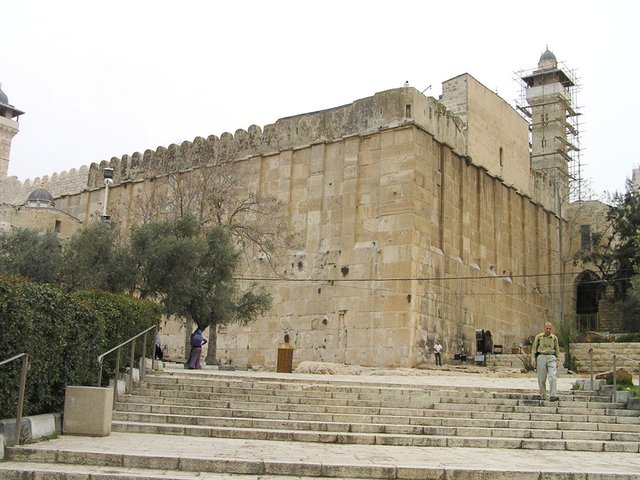Israel and India are co-operating on a conservation project for the first time. In November, a delegation from the Archaeological Survey of India (ASI), the state-sponsored heritage organisation, made its first visit to Israel as part of a joint heritage preservation scheme.
Under the auspices of Unesco, teams of conservationists and archaeologists from both countries are sharing their knowledge in cultural heritage preservation by focusing on sites in Calcutta, Kochi, Mumbai and Gujarat in India and Acco, Jerusalem, Tiberias, Msada, Dor and Tel Aviv in Israel.
This trip followed a visit by an Israeli delegation of experts from the Israel Antiquities Authority (IAA), Unesco, and Israeli universities to India in April 2006.
Later this year 30 Israeli students are set to travel to India to help document sites of Jewish historical and cultural importance.
The ASI is interested in Israel’s underwater archaeology projects, according to Gidon Avni, director of excavations and surveys at the IAA: “The cooperation is bilateral. India is well developed in managing ancient harbours; Israel has more ancient shipwrecks.”
According to Michael Turner of the Unesco Israel World Heritage Committee, the ASI has undertaken to list any unprotected Jewish heritage sites in its national registry of listed monuments.
Mr Turner also says that the joint delegation will likely nominate two Indian cities to the Unesco World Heritage list of protected sites: Kochi, in southern India, due to its historical Jewish settlement and synagogues, and the northern city Chandigarh, designed by the French architect Le Corbusier in the 1950s.
The team is also examining historical and cultural links between the two countries, says Beni Kedar, the IAA board director who led a workshop on ancient Indo-Jewish connections based on Sanskrit and Tamil words found in the Old Testament and in other documents from as early as the 11th century.
The partnership began in 2003 when Israel’s then prime minister Ariel Sharon travelled to India at the invitation of then prime minister Atal Bihari Vajpayee, becoming the first Israeli head of state to visit the sub-continent.
This trip led to Israel awarding a grant to Unesco’s World Heritage Cultural Centre to help fund cultural exchanges.
Originally appeared in The Art Newspaper as ‘Israel and India join forces'



